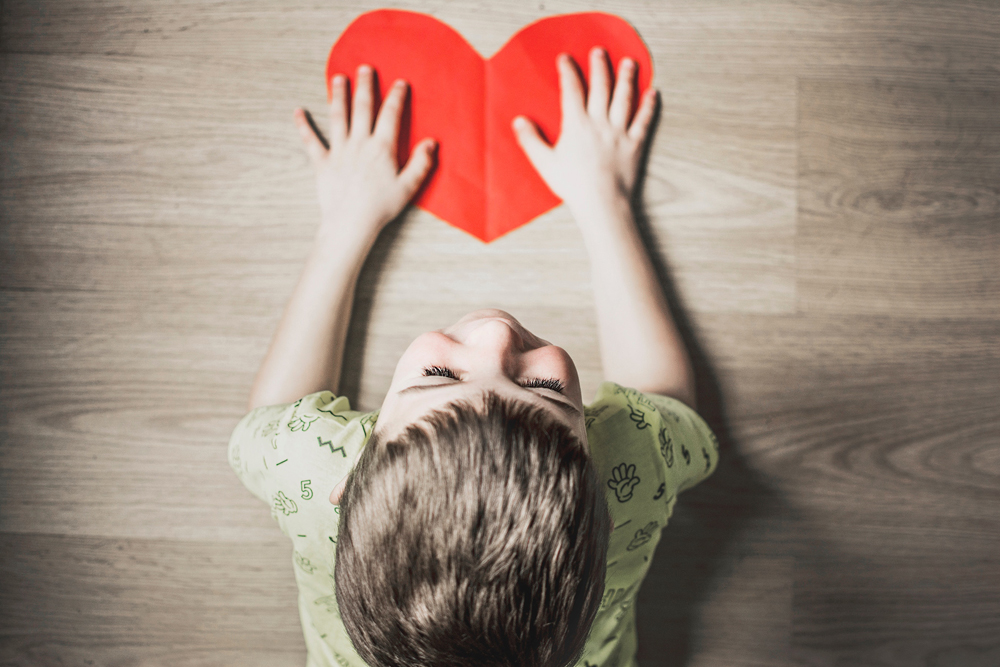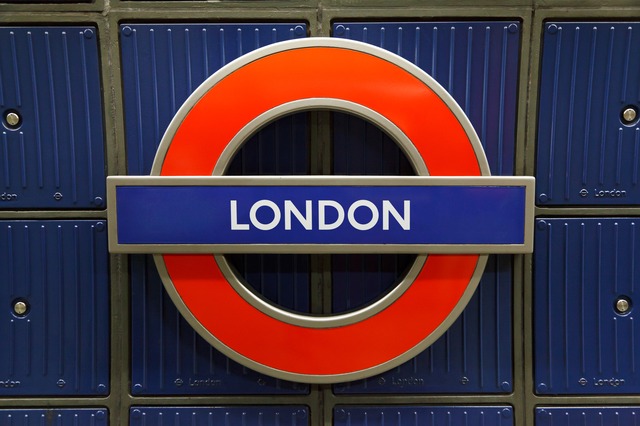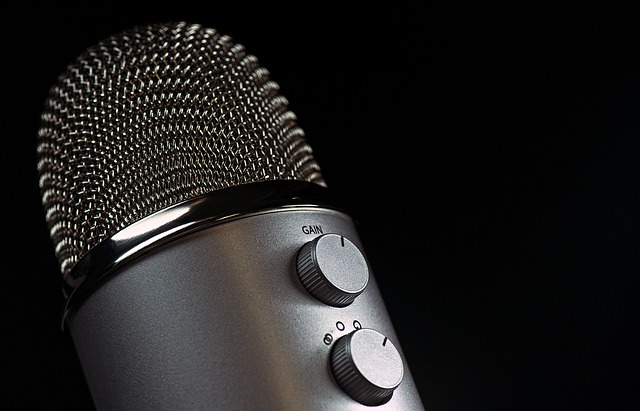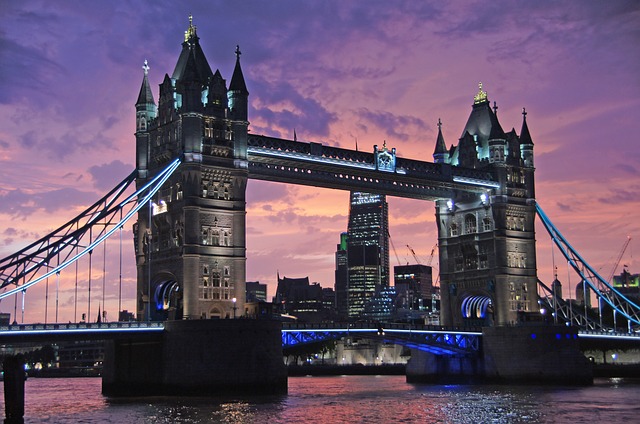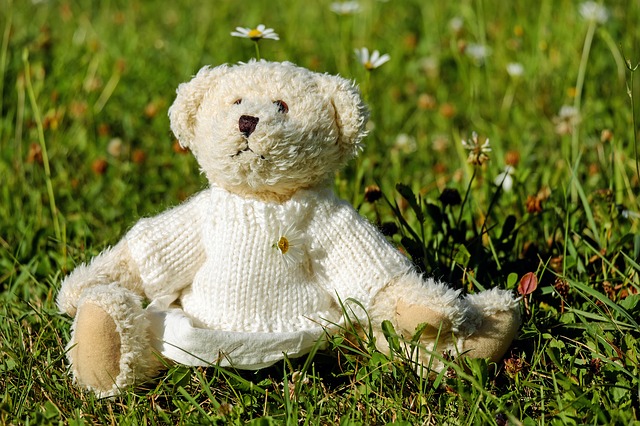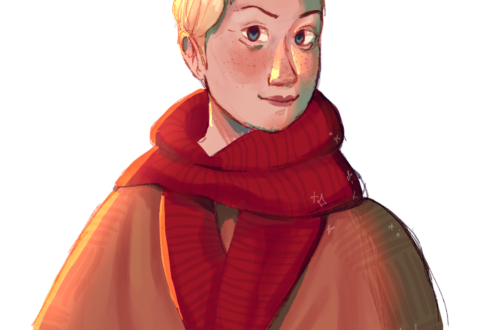-
Social media and kids – facts not myths
I had an interesting conversation in a bar last night with a young man concerned about the mental health of his younger, teen brother. Despite a very heated discussion (him: against social media based on media-fed fears, me: pro-social media based on recent research), I have managed to at least make him question his own assumptions. I am really concerned about the level of our general assumptions about the real impact of digital technologies on young people and as a consequence, the lack of dialogue between generations. In this particular situation, just after a short chat, I have identified at least two other reasons why this young person would struggle – not related to the tech at all. But that is a job of a counsellor and bar is not a place to address them. Not with a family member – with the young person themselves.
I came home and reflected on the tonality and the flow of that conversation. I have realised that I was really emotional and I really need to lean into people’s realities even more in order to find a base for a dialogue with them. Because work with assumptions and biases needs to be really careful and respectful, most of all.
This morning I woke up to a new link from LSE leading tot he 2017 Global Kids Online study which I could have quoted the night before, but even with the numbers, I am not certain if I would come across as helpful. The study identified few core issues:
- “Most of the hurtful behaviour occurred offline, not online.” This point means that young people still experience bullying, mocking, isolation, economical disadvantage, aggression offline a lot! But young people are smart and join safe online spaces where they can switch off unpleasant experiences and report the abuser. Most kids choose private chatting rooms and manage their emotions in a peer group rather well.
- “Only a few 9- to 17-year-old internet-using children (between 1 and 11%, depending on age and country) experienced hurtful behaviour online in the past year; most of this occurred just once or twice.” – This is a surprising piece of data for many because no one really talks about the digital literacy of young people, their ability to create their safe online identities and to surround themselves with trusted friends.
- “Children find a wide range of online experiences upsetting. Between 14 and 36% of internet users aged 9–17 experienced something upsetting online in the past year” – this is a very important point. The current media and legislation discourse are focussed primarily on cyberbullying and “harmful content” exposure but the actual negative experiences can really vary and every single person is different. For example – when my son was smaller, he was for a while terrified of trains after watching a YouTube video of a burning train – something I personally really did not feel would affect him at all. If we focus on one particular form of harmful impact of the web on our kids, we miss out on a lot of problems, we simplify a very complex area of young people’s lives and most of all: we do not engage in active conversations with them about what is really upsetting them and how we, adults, can support them in thriving digitally online.
And I know that many parents reading this will probably get stuck on my last point – “thriving digitally online” – as something completely irrelevant to kids. However, we must not forget that access to information, to innovation and to connect with peers is the basic human right of our children. We need to finally accept it. We need to look very hard at ourselves and reflect on our relationship with our kids. We need to learn to talk to them and work on their online safety with them!
-
Nowe studia
Dostałam się na wymarzone studia, zaplanowany kierunek, do wypatrzonej nauczycielki i grupy. Ponieważ planuję prowadzić terapię w zakresie technologii i zauważyłam już, że technologia wywołuje ostre emocje, muszę być dobrze wytrenowanym terapeutą. Wolontariat w kilku organizacjach nie wystarczy. Więc od września wracam do pana Freuda i jego kolegów tutaj w Brystolu. Nie mogę się już doczekać, ale też ciesze się, że mam miesiąc na prawdziwy wypoczynek – luz w pracy, podróże do rodziny, ciepły, słoneczny Brystol w międzyczasie.
Cała ta sprawa ze studiami jest bardzo ciekawa. Na rozmowie nie miałam za dużo do powiedzenia bo sama profesorka powiedziała, że wysłalam wszystko, czego potrzebowała na piśmie. Więc musiałam poszuskać bardziej osobistych powodów i przypomniałam sobie coś ciekawego. Jak byłam małą dziewczynką bardzo chciałam zostać psycho-terapeutą. Bardzo. Marzyłam o takiej osobistej pomocy dla ludzi, którzy nie radzą sobie z życiem. Lecz nie miałam odwagi iść na psychologie z realnego powodu: matka (z całym bagażem własnego narcysyzmu i emocjonalnej przemocy) jakoś przekonała mnie, że nie jestem dostatnie mądra aby iść na takie poważne studia. A co za tym idzie nawet o nich nie myślałam po maturze! Szłam w jej szlaki, bo sama nie spełniła się jako lingwista, to i dziecko wysłała w tym samym kierunku.
Po latach własnych prób i błędów, nauki i niezaliczonych egzaminów, trzech kierunków i raczej podstawowego licenjatu nauczycielskiego jestem gotowa zabrać się za to “poważne” nauczanie. Choć prawdę mówiąc to bzdura. Uczyłam się psychologii w trzech językach już jako nastolatka, więc totalnie jestem na to przygotowana. Zawsze, już jako dziecko, miałam dobrze wykształcony talent empatyczny. Od małęgo udzielałam się, organizowałam, prowadziłma ludzi przez ich problemy bez żadnych obaw.
Więc w tym roku zaczynam studia całkowicie wyluzowana. Więm, że życie było jakie było i mogło być inaczej, ale może właśnie potrzebowałam tych wszystkich doświadczeń, aby teraz, w tym roku, zrozumieć głębi pomocy terapeutycznej. W moim nowym zawodzie będę mardzo młoda. Będę uczyła się wielu nowych rzeczy, które pomogą mi bardzo – już w ostatnim roku zmieniłam się drastycznie i poważne decyzje dotycząse ludzi i związków podejmuję w sekundę. Więc mam nadzieję, że po tych studiach będę jeszcze lepsza. Pozbyłam się dumy a pewności siebie już mnie nie brakuje. To dobrzy start!
Photo by Max Langelott on Unsplash
